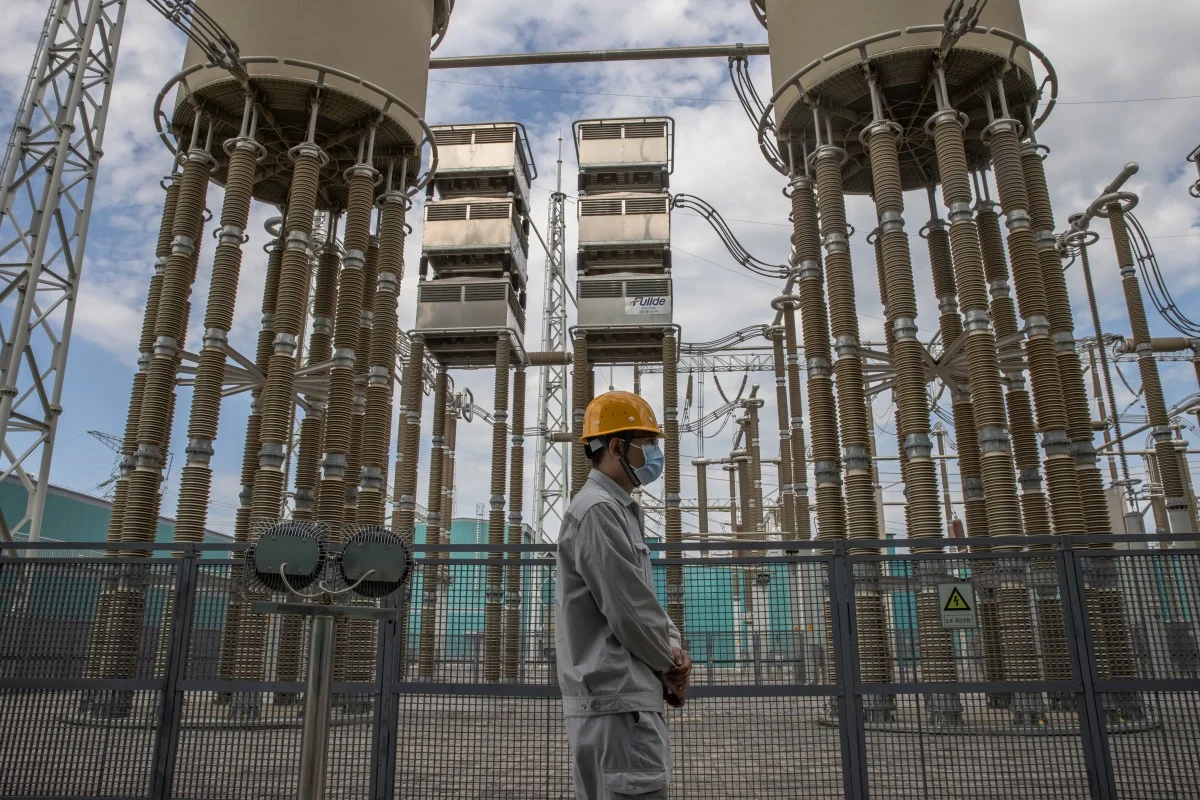4390
0
Economic growth in China will continue to slow
In view of massive production restrictions in industry, there is growing concern that economic growth in China will continue to slow.

Yazar: Tom Roberts
Yayınlanma: 30 Eylül 2021 02:12
Güncellenme: 3 Mart 2026 00:01
Economic growth in China will continue to slow
The shortage of electricity in China as a result of stricter climate targets and shrinking coal stocks are increasingly worrying investors. In view of massive production restrictions in industry, there is growing concern that economic growth in the People's Republic will continue to slow. "The power supply shock of the second largest economy and the largest manufacturing industry in the world will spread to the global markets and affect them," predict the analysts from Nomura. From manufacturers of aluminum, chemicals and machine parts to dyes, textiles, furniture, toys and soy flour, many Chinese companies are struggling with this. Some industry giants on the world markets are also affected. Several Apple and Tesla suppliers have already stopped parts of their production in China. One reason for the misery lies in the central government's climate targets. Beijing wants to reduce electricity consumption by three percent this year in order to achieve this. The provincial governments had therefore recently tightened the requirements for electricity consumption again. In some places, residents are not allowed to use kettles or microwaves, and shopping centers have to close earlier. Industry has also been struggling with the consequences of restrictions and strong exchange rate fluctuations in energy prices for months. In March, Inner Mongolia authorities put an end to an aluminum smelter and other industrial heavyweights so the province could meet its first-quarter energy consumption targets. In May it hit the southern province of Guangdong, a major hub for exports. There have also been consumption restrictions and power outages recently in other large industrial areas along the east coast of China. According to estimates by analysts at Morgan Stanley, around seven percent of aluminum production capacity was suspended, and around 29 percent in cement production was affected. According to the experts, paper and glass could be the next sectors.İLGİLİ HABERLER





European stocks soared and focus shifted to German retail sales after Powell's speech!

Forex Signal For TRY/USD: Inflation Slowdown in November.

Forex Signal For GBP/USD: Bullish Trend Still Not Breaking While Recovery Continues.

Forex Signal For EUR/USD: Starry US Data Points to Higher Fed Increases.

Forex Signal For BTC/USD: Downside Continues as Bitcoin Recovery Moves Less.
En Popüler Haberler
Yorum Yap
Yorumlar
Henüz yorum yapan yok! İlk yorumu siz yapın...